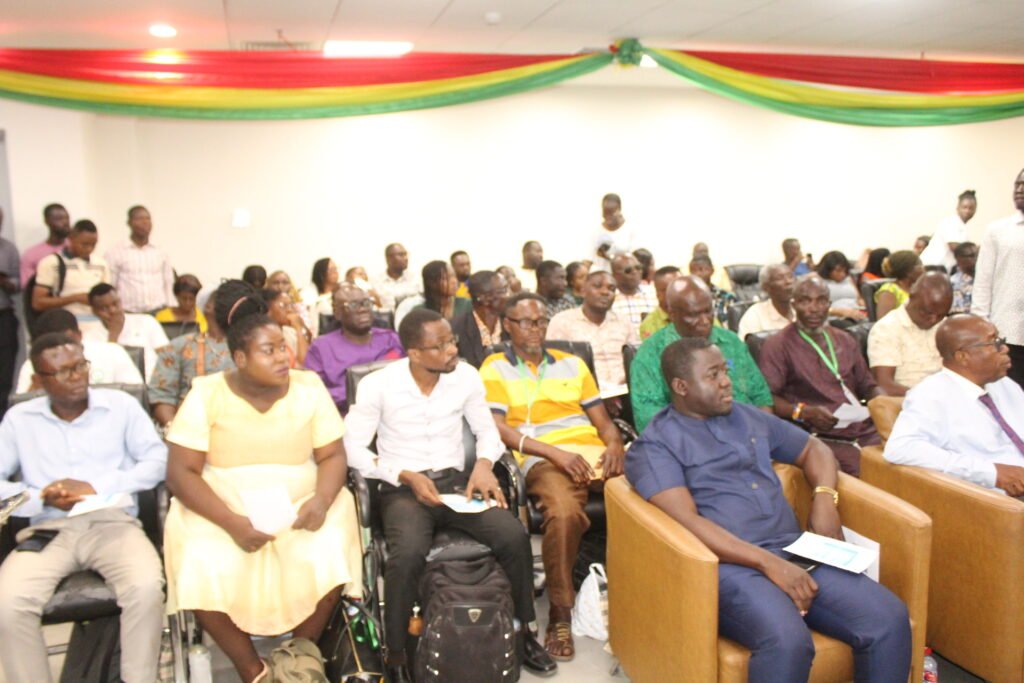The Traditional Medicine Practice Council (TMPC) has launched a website to enhance service delivery in the sector.
The online portal, which has a new payment system, aims to make it easier for potential applicants to register from the comfort of their homes, while existing members can also renew their licenses conveniently without needing to visit an office.

Speaking at the event in Accra last Thursday, the Deputy Director of Human Resources at the Ministry of Health, Mrs Freda Adjei Asare, said that the website was part of a broader effort to leverage technology in order to address longstanding challenges faced by public sector organisations.
She indicated that digitalisation had brought solutions to streamline processes, reduce bureaucracy, and ultimately enhance health outcomes for citizens.
“This is to ensure that staff under the Ministry of Health are trained to understand the benefits and the need to leverage information systems to transform the existing bureaucratic system in the sector,” she stated.
She added that despite the positive impacts of digitalisation, experts acknowledged significant obstacles, including cultural norms, regulatory constraints, and resistance to change that hindered the adoption of information systems in public sector organisations.
“To counter these challenges, the Ministry of Health has implemented several policies and strategies designed to foster technology integration,” she assured.
According to the Registrar and Chief Executive Officer of TMPC, Mr Michael Kyerematen, the website would change the focus on expediting the issuance of licenses and certifications, reducing the typical waiting period from several months to a maximum of two months.
He indicated that the initiative would emphasise the importance of a thorough vetting process before inspections and the final issuance of licenses.
“This approach ensures that all necessary qualifications and requirements are adequately reviewed, promoting a higher standard of practice within the industry. By implementing a more efficient system, the Council aims to strengthen the regulation of traditional medicine services across the country,” he explained.
He added that the website would transform the landscape of traditional medicine in Ghana, fostering a more robust and reliable system.
“We aim to build trust in alternative health practices, ultimately benefiting the health and well-being of the community,” he noted.
The Deputy Financial Controller at the Ministry of Health, Daniel Asiah, also added that the new technology would provide members the opportunity to share ideas on issues in a transparent manner.
“We are thrilled about this design platform, as it plays a key role in our strategy to enhance the visibility of our members and shared interest groups, elevate the profiles of our partners’ networks, and boost their membership,” he added.
BY EMMANUELLA MBAMA
AKIMBI
